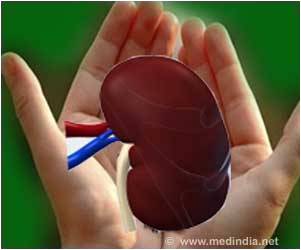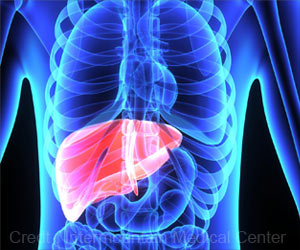Highlights:
- A policy shift to adopt presumed consent from the current opt-in system could benefit the organ donation situation in the United States.
- However, the results of a study show that opt-out would only marginally improve the situation
Read More..
Is Opt-out the Silver Bullet?
A policy shift from the current system of opting in to be an organ donor to one where an individual has to opt-out of a presumed consent may help improve the situation, suggests a new study from the University of Michigan. However, the research team was surprised to find that the waiting list would only be reduced marginally even with presumed consent, despite using most optimistic estimates. “Thousands of patients are dying yearly while awaiting transplantation and one reason for that is simply lack of organs,” says Neehar Parikh, an author of the study and a Transplant Hepatologist at Michigan Medicine. “Based on the experience of other countries that have instituted presumed consent policies, a similar system in the U.S. could alleviate some of this burden,” he adds.On what could be the best policy to tackle the situation, Dr. Parikh commented that, “It speaks to the magnitude of the deficit we have for organ transplantation
in the U.S. At the same time, we did find that such a policy could potentially translate to large gains in life years for the thousands of patients awaiting organ transplantation in the U.S.”
Impact Simulations in the Study
The research team built a computer model in order to simulate how a policy shift would have affected patients on the waiting list for heart, kidney, liver, lung or pancreas. Data from Organ Procurement and Transplantation Network Standard Transplant Analysis and Research files between 2004 and 2014 was used for this exercise.It was found that, for over half a million patients on the list during the study period, between 4,300 and 11,400 life-years could have been added through presumed consent or opt-out. The number of people taken off the list due to illness or death would have reduced by between 3 and 10 percent, under the most conservative estimate. On the other hand, opt-out may have, under ideal circumstances, reduced the number of people on the waiting list by 52 percent. This, however, would still not be adequate to provide organs for all those who need one in time.
Though the equation of 'one available organ equals one life saved' may appear simple, the reality is highly complicated, the research team says. Multiple factors, including, the location of the organ, compatibility with the patient, allocation of the organ to the most critical patient and the judgment of surgeons and clinicians form a complex web that affects the organ transplant.
“Organ donation is such a personal thing, and general surgeons and other clinicians are looking at one patient at a time. But it's also useful to take sort of a 50,000-foot view of all the levers we can pull to see which ones can improve outcomes for most patients. That's the kind of thing that engineers like me can bring to the conversation,” said Luke DeRoos, the first author of the paper.
Impact of Organ Transplant Policies
Presumed consent adopted by many other countries has given mixed results. Earlier studies of these cases suggest that an increase of 5-25 percent in organ donation would be possible. The research team also simulated rises within this range in their model.The research team is of the view that with the opt-in system the United States currently practices, it has one of the highest organ donation rates, and hence the gains other countries may have witnessed, might not be apparent in the country. The impact of adopting a system like presumed consent remains unpredictable. Surveys show, while 93 percent of American adults support organ donation, only just over half of them are registered donors. Donations from up to 40 percent of eligible donors are averted owing to a lack of consent.
“Everyone in the transplant field has very strong opinions about opt-out donation, one way or the other. And so we’ve tried to be very objective, understanding that there is a lot of uncertainty around our estimates,” DeRoos said. “There are numerous strategies for increasing organ donations, so I hope that policymakers can take numbers like these to get an idea of what the impact such a policy may be associated with,” he added.
Dr. Parikh has emphasized on the many different tactics that would have to work alongside each other to address the growing need. He was quoted saying that, “The U.S. population is aging with more comorbidities, making the pool of organ donors smaller. There are several novel technologies, like machine perfusion of organs, that can increase the utility of marginal organs, so we can use more of them for transplant. Another way to increase the donor pool is to break down barriers to the living donation of kidneys and livers.”
“However, to really push the needle in terms of impacting the waitlist, we need to increase donation dramatically, and presumed consent is one strategy that has been proposed to do that potentially. But, our study has shown that it will likely not be enough to alleviate the organ shortage on its own. Nevertheless, given its potential impact, we believe this policy warrants further debate and study,” Dr. Parikh went on to add.
Reference:
- How opt-out organ donation could affect U.S. waiting lists - (https://news.umich.edu/how-opt-out-organ-donation-could-affect-u-s-waiting-lists/)
Source-Medindia










